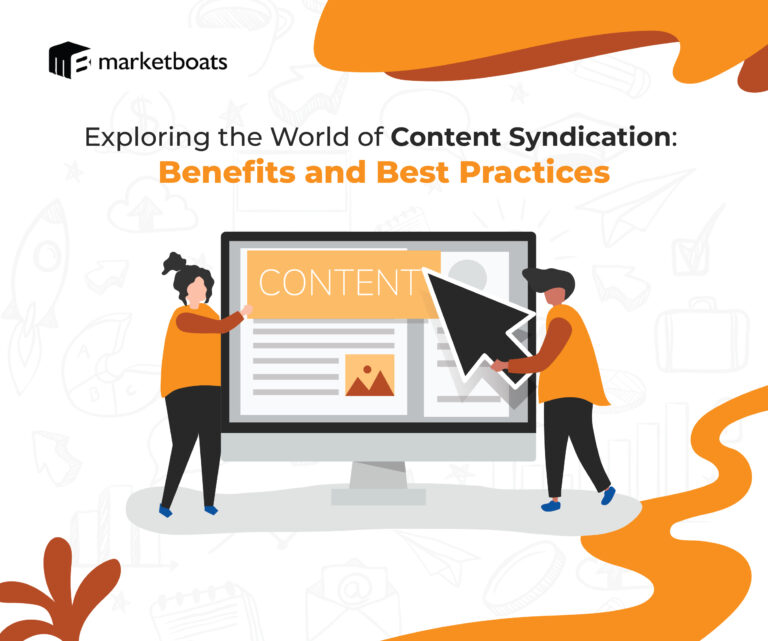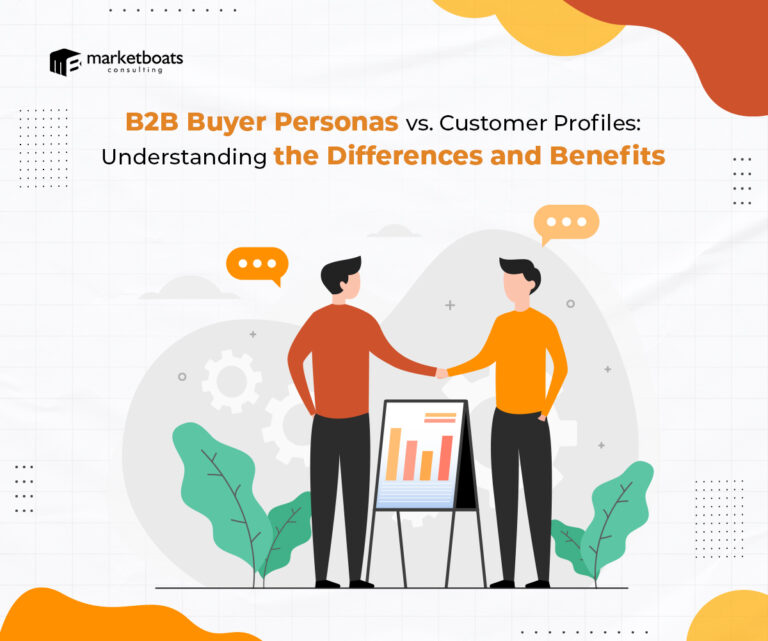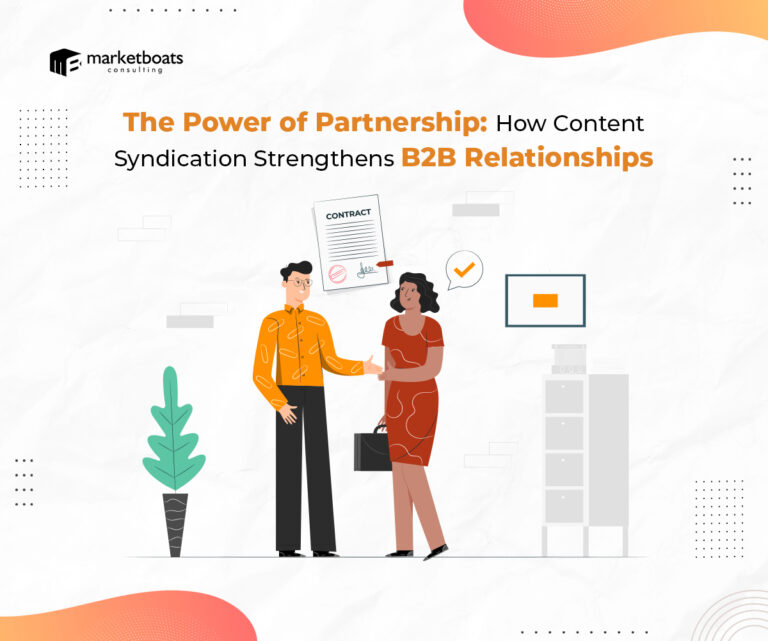Serving as a visual representation, the sales pipeline illustrates the progression of prospects through each crucial stage of the sales process, beginning from lead generation and culminating with the closure of deals. This visual representation imparts invaluable insights, enabling accurate revenue forecasting and optimizing sales performance.
However, over 40% of businesses fall short of their desired revenue objectives. If your company finds itself in this predicament, it undoubtedly requires a more robust sales pipeline management system. Operating without a comprehensive view of your sales pipeline shall result in overlooked insights, leading to lost opportunities.
This article will provide you with the knowledge and strategies required to build and effectively manage a sales pipeline that will not just meet but exceed your revenue goals.
What is a sales pipeline?
Sales processes vary across companies and products. Establishing a distinctive sales pipeline aligned with the buyer’s journey is imperative. A sales pipeline represents stages prospects go through, enabling tracking and management of sales activities. This fosters organization, focus, and revenue generation. Monitoring progress facilitates prioritization and resource allocation, providing insights into key metrics.
Visualizing the pipeline identifies bottlenecks, optimizes sales processes, and forecasts future sales. A well-managed sales pipeline streamlines communication, collaboration, and decision-making, leading to remarkable sales success.
Differentiating between a sales pipeline and a sales forecast
The sales pipeline portrays prospect progression throughout the sales cycle, aiding in effective tracking and optimizing the sales process. In contrast, sales forecasting estimates future sales based on historical data and market trends, guiding decision-making and financial planning. These concepts are vital for sales success, serving distinct yet complementary purposes.
Clarifying the difference between a sales pipeline and a sales funnel
The sales pipeline represents the seller’s perspective and the stages a prospect goes through from lead to customer. It highlights actions taken by sales and marketing teams to convert prospects into customers. On the other hand, the sales funnel represents the entire customer journey, from brand awareness to purchase. It focuses on prospects progressing through stages and converting into customers.
For a detailed understanding, please refer here –
How to build a sales pipeline?
Understanding the buyer’s journey and creating a unique sales pipeline is essential for effective sales management. The buyer’s journey refers to the stages a customer goes through before making a purchase, while a sales pipeline outlines the stages prospects move through in the sales process.
The stages of the buyer’s journey are:
- Awareness: The buyer recognizes a problem or need and seeks relevant information.
- Consideration: The buyer researches potential solutions and evaluates options.
- Decision: The buyer narrows down choices and makes a final decision.
Aligning your sales process with the buyer’s needs is crucial. Provide educational content, emphasize the value of your offering, and engage with the buyer to address concerns and provide personalized support.
To build a sales pipeline, follow these steps:
- Lead Generation: Create customer profiles and collaborate with marketing to develop relevant content. Improve ability to ask for referrals.
- Prospecting: Engage in personalized outreach to attract prospects matching the ideal customer profile.
- Qualification: Determine if leads meet specific criteria, such as the need for your product and budget.
- Initial Contact: Connect with qualified leads and understand their requirements.
- Meeting/Demo: Arrange a meeting or demo to showcase your offering and address prospects’ needs.
- Needs Analysis: Analyze prospects’ requirements and align your offerings accordingly.
- Close: Finalize negotiations and obtain a commitment from the prospect.
- Follow-Up: Maintain communication to ensure satisfaction, address concerns, and identify upselling opportunities.
Getting on with the sales pipeline management
The sales pipeline requires adaptation to changing market conditions to maintain sales effectiveness. Here is a concise guide on the importance of adapting the sales pipeline and how to track and organize it:
- Utilize CRM software: A comprehensive CRM system serves as a central hub for managing customer data, tracking interactions, and monitoring the sales pipeline. It enables sales teams to organize and prioritize leads, track customer engagements, and maintain a holistic view of the pipeline.
- Leverage sales analytics tools: Sales analytics tools provide insights into key pipeline metrics, conversion rates, and sales performance. By analyzing these metrics, sales teams can identify trends, evaluate strategy effectiveness, and make data-driven decisions to adapt to market conditions.
- Use communication and collaboration tools: Effective communication and collaboration are critical for successful pipeline management. Email clients, messaging platforms, and project management software facilitate real-time communication and streamline teamwork, ensuring alignment and efficient pipeline management.
- Implement sales enablement tools: Sales enablement tools and sales pipeline software support sales representatives in closing deals efficiently. Proposal generators, e-signature platforms, and content libraries streamline the deal closure process, improve efficiency, and ensure consistent communication with prospects throughout the pipeline.
- Clean up the sales pipeline: Regularly evaluating lead quality, removing or requalifying leads that no longer meet the ideal customer profile, and keeping the pipeline up to date improves efficiency and accuracy while ensuring that resources are focused on high-potential leads.
Improving Sales Pipeline Performance
It is important to acknowledge that each prospect moves through the sales pipeline at their own pace, influenced by factors such as their level of interest, sense of urgency, and the extent of their product/service research. Some prospects may even bypass certain stages. For instance, an enthusiastic buyer may initiate contact through a referral and proactively introduce the budget authority even before being prompted. In such scenarios, it is appropriate to expedite the deal and shift it directly from the “initial connect” stage to “meeting with the decision-maker.”
By accurately gauging the stage at which prospects are positioned within the sales process and forecasting the number of closed deals within a specific timeframe, the sales pipeline empowers representatives and managers to effectively predict revenue outcomes.
Wrapping Up
Overall, the sales pipeline holds immense significance as it plays a pivotal role in constructing and overseeing a successful sales process that propels businesses toward surpassing their revenue goals.
Unsure how to get started with your sales strategy? Well, Marketboats is here to help!
Marketboats is committed to delivering assistance and expertise through CALS, our cutting-edge cloud-based platform. CALS optimizes lead generation by leveraging our advanced Lead Quality Engine, which ensures high-quality leads through rigorous cleansing, standardization, and enrichment processes.
With customizable segmentation options based on industry, company size, geography, revenues, and employee size, CALS seamlessly integrates with CRM systems, streamlining follow-ups and significantly boosting conversion rates.
Contact us now!





